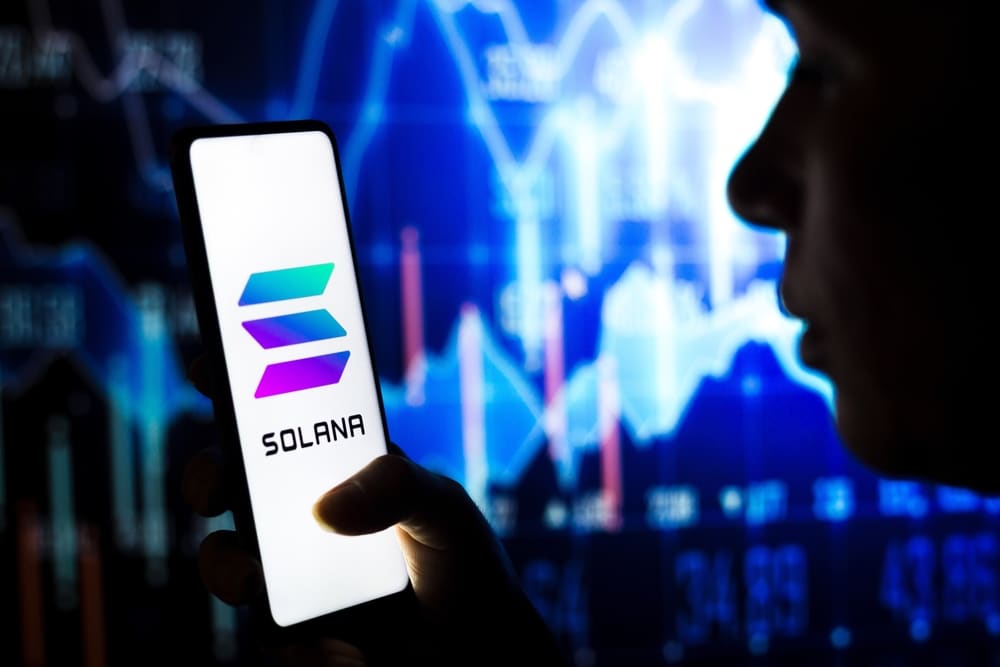The Solana community members sought to defend the blockchain late last week after video clips that criticized the project made rounds on X, formerly Twitter. The criticism came from whistleblower and former US Intelligence contractor Edward Snowden.
In the videos, Snowden alleged that Solana developers have, over the years, centralized the blockchain to make it efficient, faster, and cheaper. He also claimed that crypto projects built on Solana will likely be disrupted if a few parties operating the nodes become dishonest.
Snowden made the claims while delivering his speech at this year’s Token 2049 conference in Singapore. He described Solana as a network that has gained traction via “scams and meme coins.” Moreover, he said the blockchain doesn’t follow the primary Web3 principles, which include censorship resistance and decentralization.
Helius Co-Founder Calls Out Snowden
Meanwhile, popular Solana advocate and Helius Lab co-founder Met Mumtaz called out Snowden for making claims without solid evidence. He challenged the whistleblower to show him how a small group of node operators could disrupt the Solana network and cause a loss of funds.
According to Mumtaz, it is difficult for a few dishonest node operators to disrupt Solana, given that there are thousands of honest node operators in different countries keeping the blockchain secure.
He, however, acknowledged that two of the largest blockchain networks, Ethereum and Bitcoin, were more decentralized than the Solana ecosystem.
As Mumtaz defended Solana, pseudonymous Cardano developer Dave pointed out “weaknesses” in the Solana consensus mechanism that he believed dishonest node operators could exploit to halt the network’s operations.
He argued that since Solana’s consensus mechanism is stake-based, then if dishonest node operators control about one-third of the staked SOL, they can disrupt the network and prevent it from producing blocks.
Mumtaz saw Dave’s X post and commented that accumulating the required SOL to cause disruptions was almost impossible, considering it would cost the node operators billions of dollars.
Who Shared Snowden’s Video Clips on X?
Notably, the X account that first posted Snowden’s video clips, which have now garnered over 500,000 views, is linked to Cardano, a blockchain that strives to become more efficient than Ethereum. As of this writing, Cardano’s native token, ADA, is ranked 12th with a market cap of $13.2 billion.
The dynamic shows how blockchain communities use criticism directed at competitors to tout their favorite networks as better alternatives. For instance, communities of major blockchains like Cardano, Ethereum, and Tron have criticized Solana for centralization in the past two years.
They allege that Solana’s close connection with collapsed cryptocurrency exchange FTX and its founder, Sam Bankman-Fried, proves the network is centralized. Bnakman-Fried, who was recently handed a 25-year jail term for committing financial crimes at FTX, was a major advocate for Solana, with his company spending billions of dollars to purchase SOL.
Solana Community Defends the Project
Amid criticism, the Solana community members have defended the project’s level of decentralization while hailing the upcoming introduction of Firedancer, a validator client aimed at addressing downtime issues.
Meanwhile, Solana co-founder Anatoly Yakovenko tweeted on Friday to argue that claims about Solana being centralized were baseless. Like other Solana advocates, he insisted that not a single node operator has the power to disrupt the network’s operations. But an X user named Bunjil disagreed, arguing that if the nodes operating across the world were airstrike at the same time, then Solana would likely experience downtime. So, according to Bunjil, this makes Solana centralized.
The Solana Ecosystem
Solana was launched in 2020 to allow crypto users to make cheaper and faster transactions. The network has become popular among Web3 developers in recent months, with several types of projects, including DeFi, meme coins, and NFTs being launched.
As of October 2024, Solana’s native crypto, SOL, is the 6th-biggest digital currency with a market cap of $70 billion. Notably, the token has had a significant recovery rally in the past two years after it fell below $10 in November 2022 when FTX filed for bankruptcy protection.
At Tokenhell, we help over 5,000 crypto companies amplify their content reach—and you can join them! For inquiries, reach out to us at info@tokenhell.com. Please remember, cryptocurrencies are highly volatile assets. Always conduct thorough research before making any investment decisions. Some content on this website, including posts under Crypto Cable, Sponsored Articles, and Press Releases, is provided by guest contributors or paid sponsors. The views expressed in these posts do not necessarily represent the opinions of Tokenhell. We are not responsible for the accuracy, quality, or reliability of any third-party content, advertisements, products, or banners featured on this site. For more details, please review our full terms and conditions / disclaimer.



